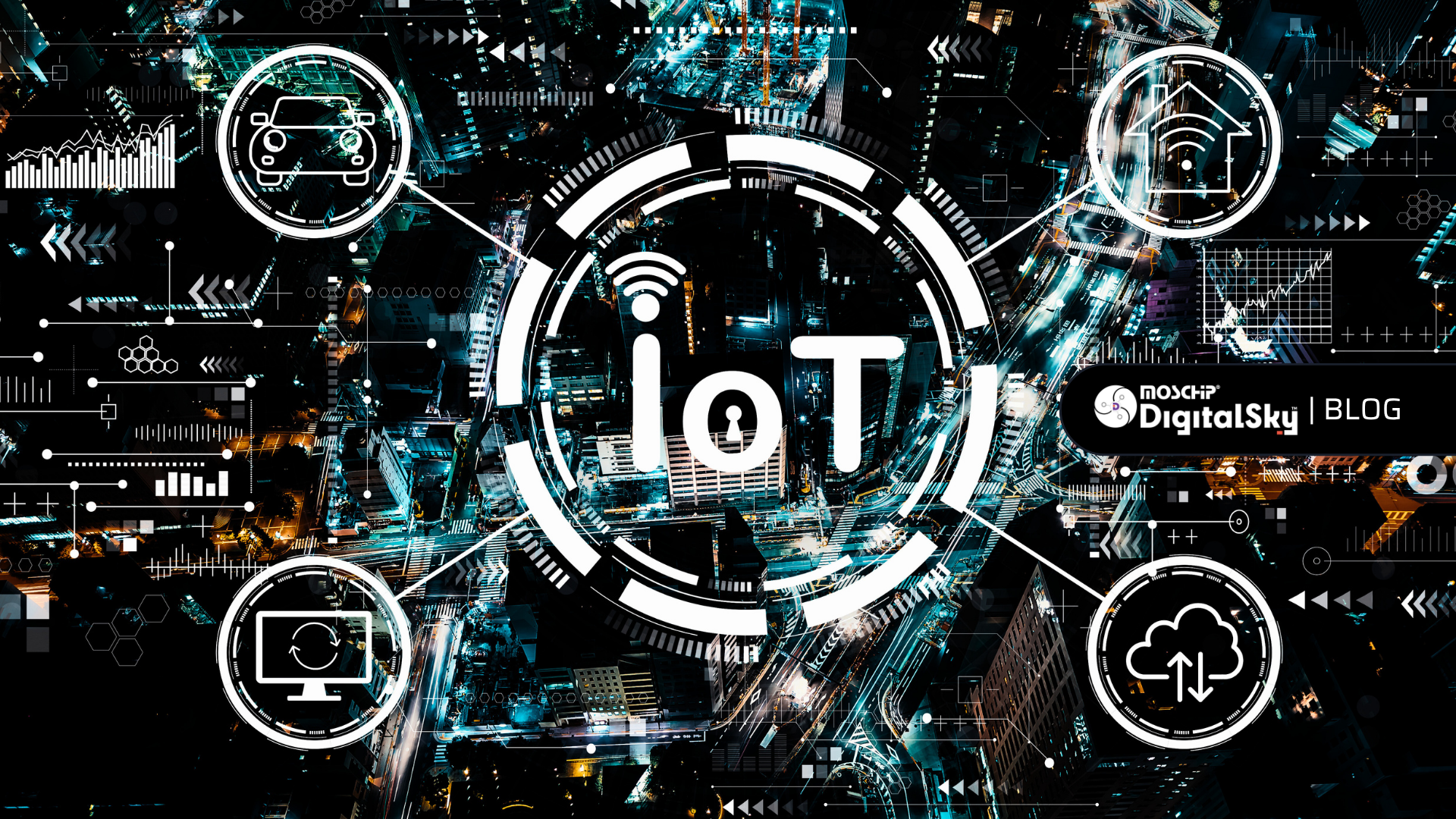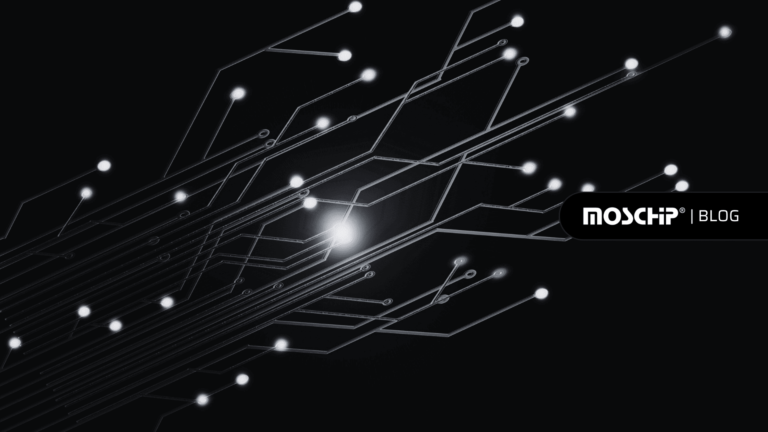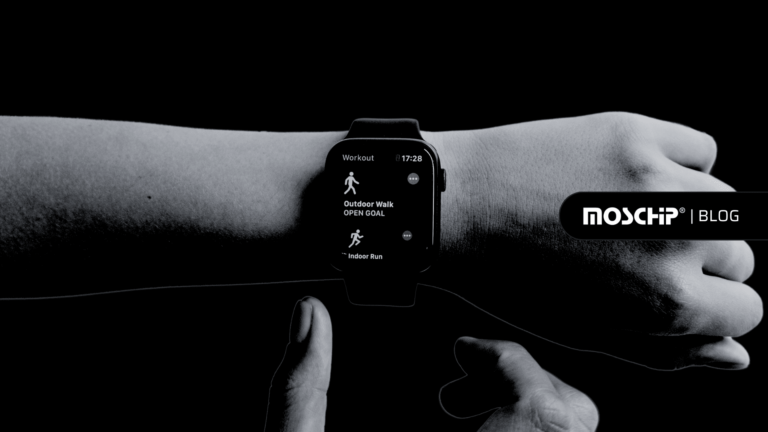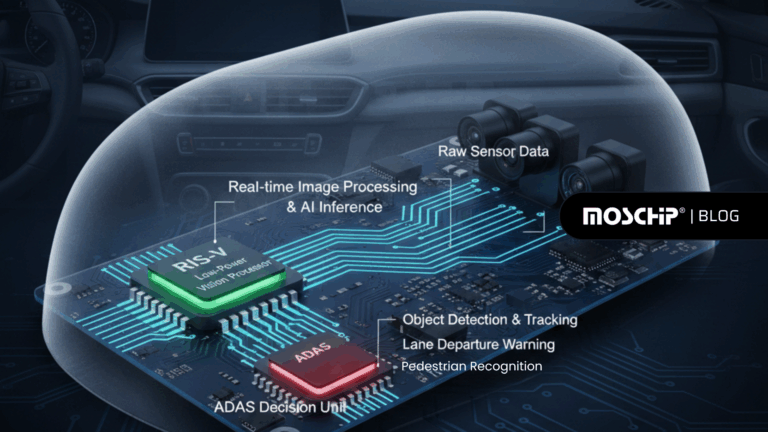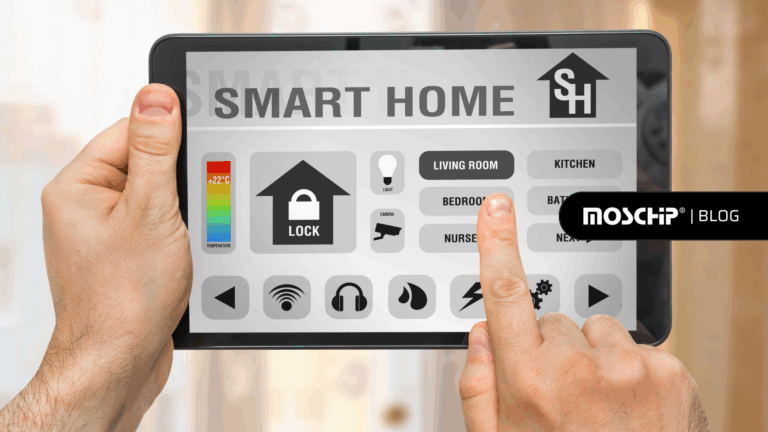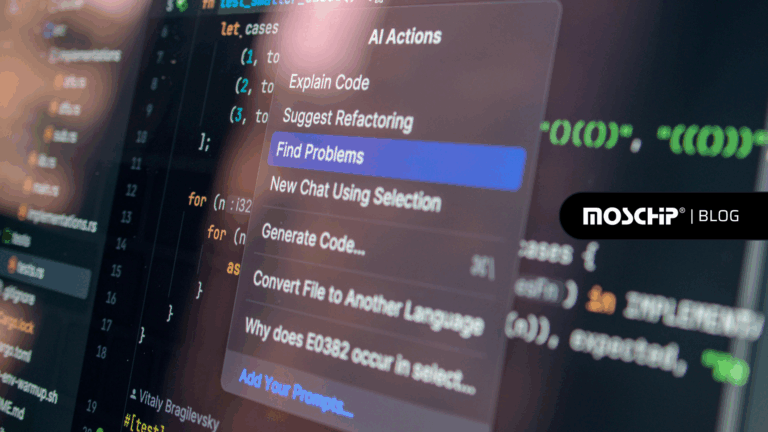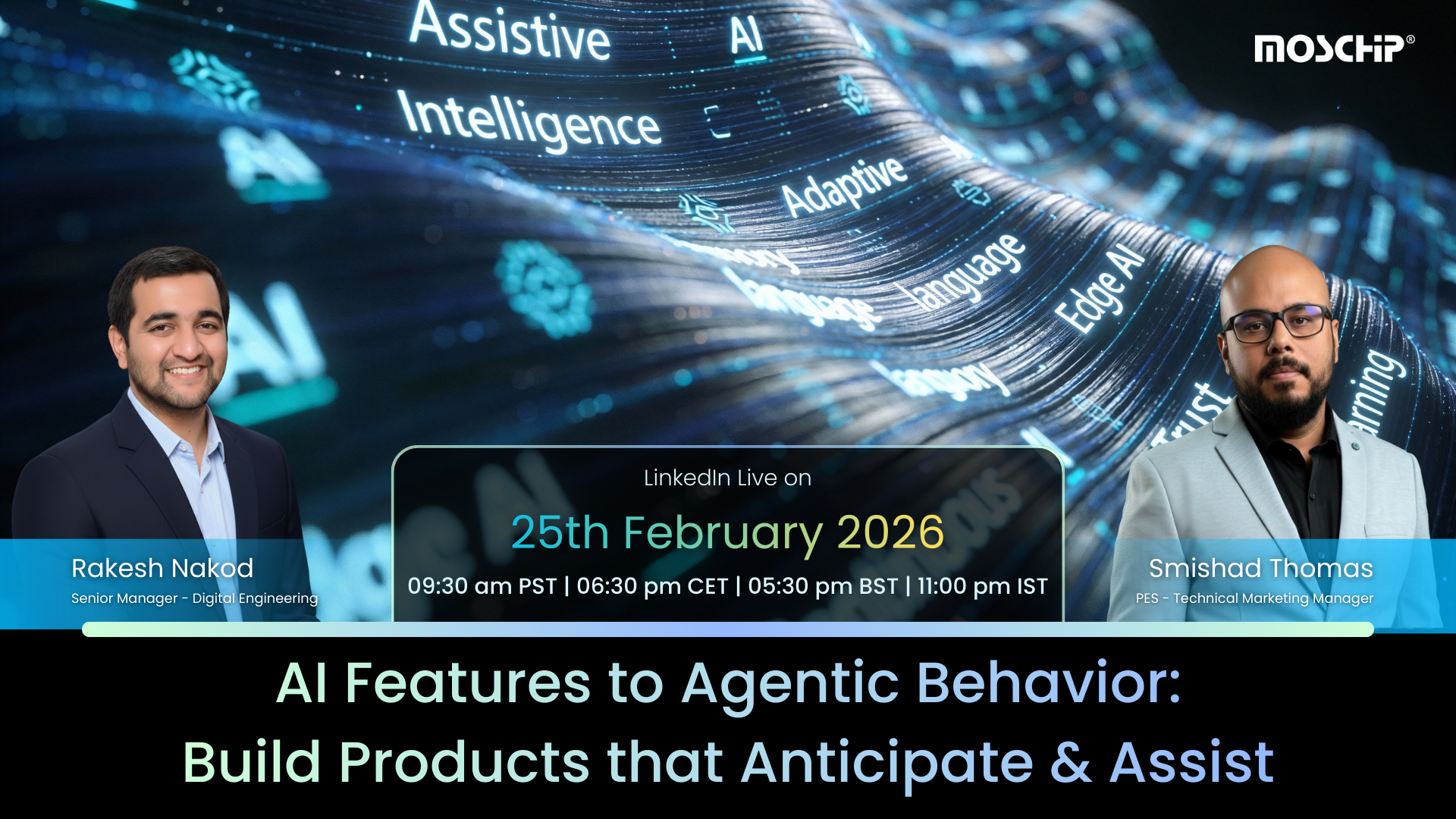How Generative AI will Shape the Next Generation of IoT Devices
Generative AI Revolution for Future IoT Devices
Enhanced Personalization Through AI-Generated Profiles
One of the most compelling ways generative AI will impact IoT is through enhanced personalization. Traditionally, IoT devices have operated on preset parameters and user inputs. With generative AI, however, devices will have the capability to create highly personalized experiences based on individual user profiles. For instance, a smart home system could use generative AI to learn from user behaviour and preferences, then generate personalized home automation scenarios. This means that instead of manually setting up your smart thermostat, the system could autonomously create an optimal heating and cooling profile tailored to your daily routines and comfort preferences.
Autonomous Configuration and Optimization
IoT devices often require extensive configuration and periodic optimization to maintain performance. Generative AI can automate these processes, reducing the need for manual intervention. For example, to create a virtual asset or digital twin, you must fill extensive details forms and various attributes and measurables of that asset, but with Generative AI, all you will need is human like interaction with a bot which will fill the complex and extensive form for you. This would not only improve efficiency but also reduce the risk of human error in configuration. Furthermore, generative AI can continuously refine these settings based on real-time data, ensuring that devices operate at peak performance under varying conditions.
Advanced Predictive Maintenance
Predictive maintenance is another area where generative AI can make a significant impact. By generating models that predict potential failures based on historical data, AI can foresee issues before they become critical. In industrial IoT settings, generative AI could analyze data from machinery to generate predictive maintenance schedules, minimizing downtime and extending the lifespan of equipment. This proactive approach to maintenance can save costs and improve the reliability of IoT systems.
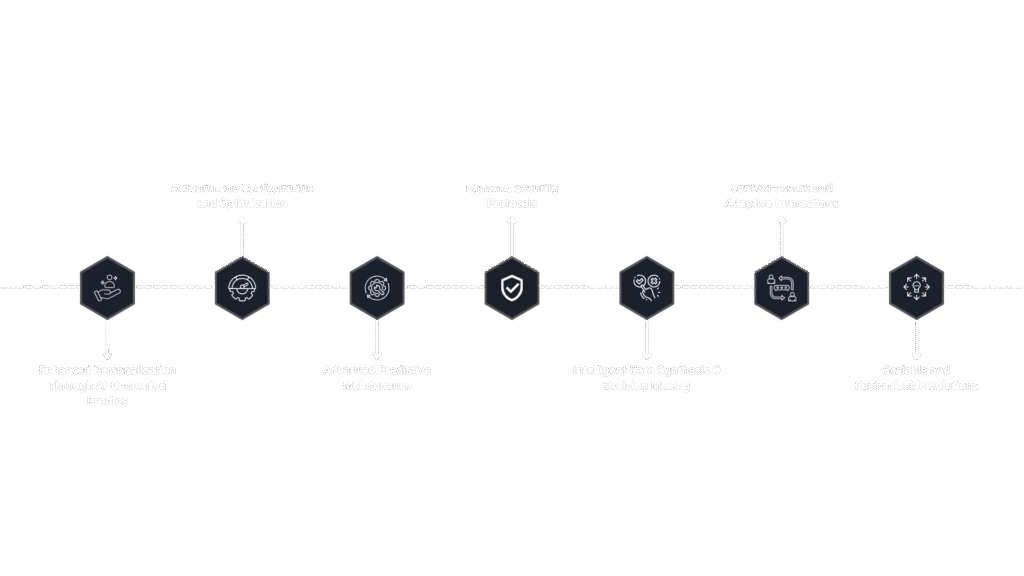
Generative AI Revolution for Future IoT Devices
Dynamic Security Protocols
As IoT devices become more interconnected, security is a growing concern. Generative AI has the potential to improve the security of these devices by developing flexible and responsive security measures. Traditional security measures often rely on static rules that can be circumvented by sophisticated attacks. Generative AI, however, can continuously analyse network traffic and device behaviour to generate real-time security responses. By creating and adapting security measures on-the-fly, AI can better protect IoT devices from emerging threats and vulnerabilities
Intelligent Data Synthesis and Decision Making
IoT devices generate vast amounts of data, but making sense of this data can be overwhelming. Generative AI can help by synthesizing and interpreting data to provide actionable insights. For instance, there are technical guides for multiple products and its difficult for end-users to navigate through them, here generative AI can help you navigate the user-guide via natural human communication interface.
Context-Aware and Adaptive Interactions
Generative AI can enable IoT devices to engage in context-aware interactions. Imagine a smart home system that not only responds to voice commands but also anticipates needs based on contextual cues. For example, if you’re working from home and it starts to get noisy outside, a generative AI model in home automation system could adjust the smart speaker’s volume or change the background noise level to maintain a productive environment. Such adaptive interactions will make IoT devices more intuitive and user-friendly.
Scalable and Customizable Solutions
Generative AI can facilitate the creation of scalable and customizable IoT solutions. Instead of offering a one-size-fits-all approach, generative AI can help create tailored solutions for different environments and use cases. For instance, in building management systems, generative AI could generate custom maintenance schedules for HVAC systems based on specific location in city, occupancy percentages and weather forecasts. This level of customization can significantly enhance the effectiveness and efficiency of IoT solutions across various industries.
All in all, Generative AI is poised to significantly influence the future of IoT devices. From personalized experiences and autonomous optimization to enhanced security and intelligent decision-making, the potential applications are vast and varied. As generative AI technology continues to evolve, it will drive the next generation of IoT devices toward greater efficiency, adaptability, and innovation. The future of IoT is not just about connecting devices but about creating intelligent systems that understand and anticipate our needs, and generative AI will be at the forefront of this transformation. At MosChip, our AIML and IoT expertise enable enterprises onto their digital transformation journey by providing connected intelligent solutions with GenAI based personalization and making IoT systems smarter boosting new levels of efficiency, performance and intelligent connections across the organization.

